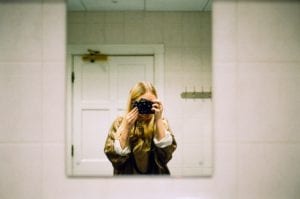
Alice Zoo is a photographer and writer based in London. She is interested in the processes by which people construct meaning for themselves, often focussing on its expression in ritual, celebration, and recounted memory. Her work has been exhibited in public institutions such as the National Portrait Gallery, Royal Photographic Society, and Royal Albert Hall, and published in British Journal of Photography, FT Weekend Magazine, The New Yorker, and elsewhere.